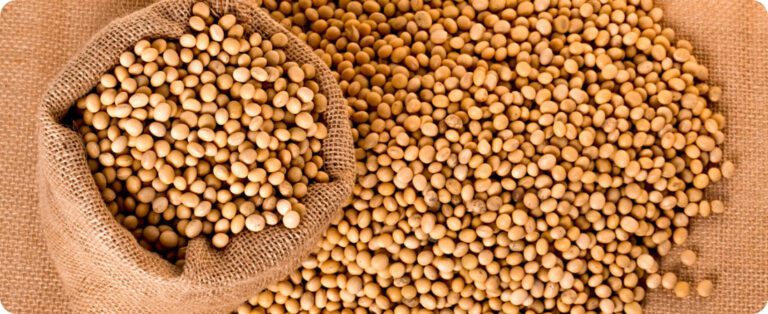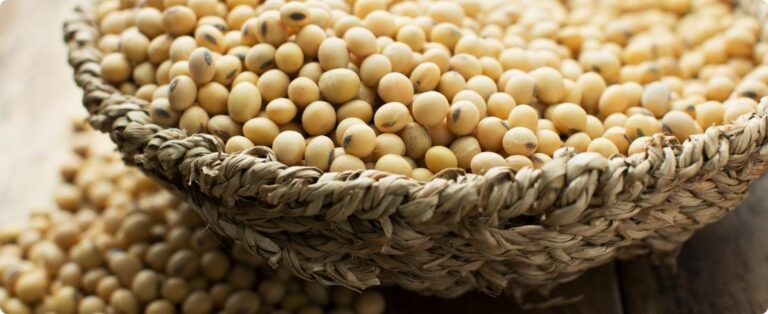
Lower supply and resilient consumption have driven up prices. cocoa in the last harvest and, as a result, there is a pass-through to chocolate prices, according to Itaú BBA's Agro Consultancy. However, the chocolate industry has adopted a series of strategies to prevent the high cost from reaching the consumer, especially with Easter approaching, the time of year when chocolates become the main target of the population: selling smaller portions and offering a greater variety of products.
Cocoa crop in Africa suffers from weather and pests
The climatic conditions in several African countries have impacted cocoa production on the continent. There has been a shortage and excess of rainfall in different regions, in addition to an increase in pests and diseases, mainly of fungal origin. Africa is currently the world's largest producer of the bean.
According to Francisco Queiroz, an analyst at Itaú BBA’s Agro Consulting, the aging of trees, the use of ecological practices and the low volume of investment in crops in Ivory Coast and Ghana contributed to a harvest that was more vulnerable to climate conditions. These two countries, the world’s leading cocoa producers, produced 2.2 million tons in the last harvest. This fragility had a direct impact on productivity and, consequently, reduced global stocks of the commodity.
At the end of last year, industries purchased the cocoa used in the production of chocolates that are currently on supermarket shelves. For this reason, prices reflect the 130% increase that cocoa reached in 2024. According to Itaú BBA's Agro Consultancy, this was the agricultural commodity with the highest level of price increase in the consolidated last year.
For the next harvest in Brazil, the forecast is for higher productivity. The main producing states — Bahia and Pará — are responsible for 95% of the national production. As a result, an increase in supply and a consequent decrease in prices are expected. Even so, prices should remain at high levels, although lower than the current situation, points out Itaú BBA.
Source: Notícias Agrícolas















